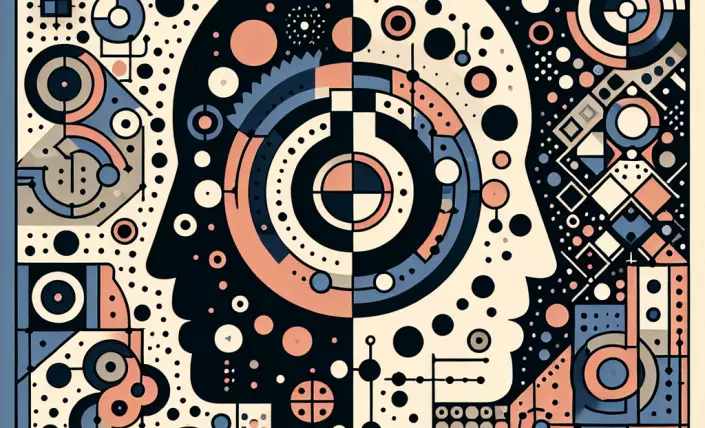In the vast landscape of philosophical inquiry, few topics are as perennial and perplexing as the nature of human understanding. Our thirst for knowledge and meaning drives us to seek certainty in a world that often seems chaotic and irrational. Yet, as we navigate this complex terrain, we must grapple with the limitations of our perceptions and the biases that color our interpretations of reality. The philosophy of David Hume offers profound insights into these issues, challenging us to reconsider the very foundations of what we claim to know and believe.
Hume's exploration of human cognition reveals the inherent uncertainty of our empirical observations. Our senses, though vital in constructing our understanding of the world, are not infallible. Hume posits that we often mistake habitual associations for causal relationships, leading us to draw conclusions that may lack true foundational support. This skepticism towards empirical certainty invites us to question the reliability of our perceptions and the assumptions we make about cause and effect. By acknowledging these limitations, we open ourselves to a more nuanced appreciation of the complexity of reality, accepting that our grasp of the world is always tentative and subject to revision.
Furthermore, Hume's examination of the self challenges the notion of a permanent and unchanging identity. According to Hume, what we consider to be the 'self' is nothing more than a bundle of perceptions, constantly in flux and lacking a core essence. This perspective compels us to reflect on the fluidity of our identities and the ways in which our experiences and interactions shape who we are. Embracing this dynamic view of the self encourages us to cultivate a sense of humility and openness, recognizing that we are ever-evolving beings navigating an equally dynamic world. In doing so, we are better equipped to engage with others empathetically and to adapt to the inevitable changes that life presents.
Ultimately, Hume's philosophy serves as a powerful reminder of the limits of human understanding and the importance of intellectual humility. By challenging the assumptions that underpin our beliefs and perceptions, we are prompted to engage in a deeper, more reflective examination of our lives. This process of self-inquiry fosters a greater appreciation for the mystery and complexity of existence, encouraging us to embrace uncertainty as an integral part of the human experience. In a world often obsessed with certitude and definitive answers, Hume's insights call us to find wisdom in doubt and to cherish the journey of discovery over the destination of certainty.










